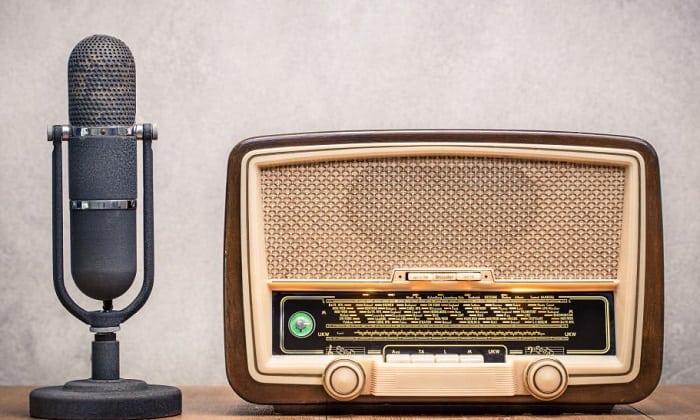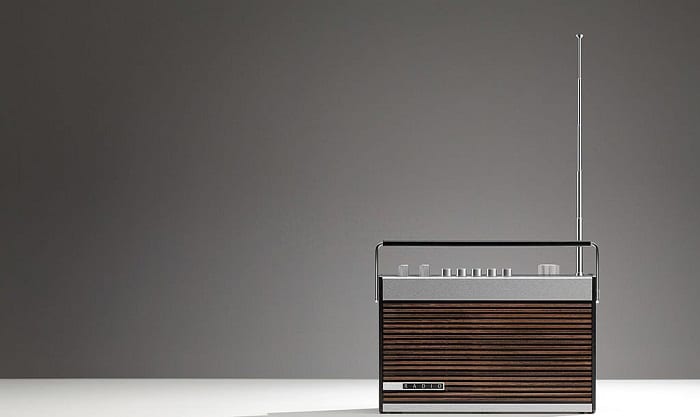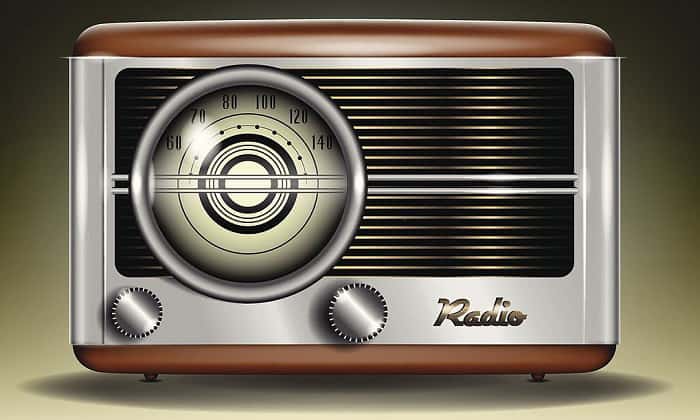Which of the following statements about radio as an advertising medium is true?
A: Radio advertising is dead.
B: Radio advertising is highly targeted.
C: Radio advertising is expensive.
D: Radio advertising has a limited audience.
Answer: B
Read on as we talk about the myths and facts about radio advertising in this short guide.
Table of Contents
Which of the Following Statements About Radio as an Advertising Medium is True?
From television ads to billboards, there are tons of marketing channels available to businesses promoting their products and services. In this post, however, our focus is on radio advertising. Below, we explore some of the most common assertions about the latter.
A: Radio Advertising is Dead
This is false.
Globally, the radio advertising market was valued at $35.3 billion. It is expected to grow to as high as $46.7 billion in the next five years.
Hence, a major benefit of advertising on radio is you can take advantage of a growing platform.
In North America alone, radio advertising in 2021 reached $14.7 billion in terms of spending. Of all the regions in the world, it is where radio spending is at its highest. It is not just true in small businesses or large corporations. It is true of institutional advertising as well.
There are many reasons why the radio is not dead. For instance, it has an extensive reach. Radio reaches more customers in the United States than any other medium. Specifically, it can reach up to 272 million people in a week.
Additionally, radio advertising supports emotional engagement. This makes it an effective way of building relationships. Hence, it is a great medium for persuasive advertisement. It can generate happiness and improve the energy of listeners, making it a good marketing channel.
B: Radio Advertising is Highly Targeted
This is true.
Radio offers high levels of audience selectivity. It targets the right audience at the right time and in the right place. This is also true of magazines, but with radio, you are reaching more people. Using magazines as an advertising medium can also yield good outcomes.
With radio advertising, it is possible to target the audience geographically. You can work with local, regional, and national stations, depending on the target market you want to reach.
More so, it allows easy targeting based on demographics. It is possible to target listeners based on their age and other demographic profiles. One way to do so is to choose the specific time or day to place an ad, which shall correspond to the time your target audience is often listening.
C: Radio Advertising is Expensive
This is false.
No doubt, business owners will consider cost as one of the most important factors in their marketing strategy. Nonetheless, an advantage of using radio as an advertising medium is it is inexpensive, especially when compared to television.
On average, a radio commercial costs $1,000 to $2,500. It depends on many variables, with the location being one of the most significant. Advertising in cities with millions of listeners is definitely going to be more expensive.
In contrast, TV advertising can cost up to $104,700, but that is for a national network. This does not include the actual cost of producing the ad. It can be effective, but its high cost is a disadvantage. This is not an advertising execution style that suits most businesses.
Another form of highly targeted advertising that can rival the effectiveness of radio is direct mail. However, on average, using direct mail as an advertising medium will cost $.30 to $10 per person, which can be quite expensive.
D: Radio Advertising Has a Low Return on Investment
This is false.
Are you worried that radio will not generate a good return on investment? Don’t be! In one study, it has been asserted that radio can generate up to 49% higher return on investment compared to what you can expect from TV advertising.
Meanwhile, in one study by a radio network, the conclusion was that for every $1 spent on the platform, the return on investment is $12. Once again it supports the fact that if there is one thing true about advertising on radio, it is its effectiveness.
FAQs
Is radio advertising the most expensive advertising medium?
No, radio is not the most expensive advertising medium. TV advertising is the highest in terms of cost. Set-up costs can range from $63,000 to $8 million. It becomes more expensive when you place an ad on primetime programs on more popular TV networks.
Why is radio a good advertising medium?
Radio is a good advertising medium because of the following:
- Has a huge reach
- Allows highly targeted advertising based on factors like location and demographics
- The portability of radio allows the airing of ads anytime and anywhere
- Immediate and flexible
- Cost-effective, especially considering its high return on investment
Which of the following is an advantage for companies to use radio advertising over television advertising:
A: Cost
B: Return on Investment
C: Reach
D: All of the above
Answer: D
Radio is cheaper than TV advertising. It also has a higher return on investment. More so, it has a higher reach, giving it an advantage compared to the share of a television audience. With all these things, it is safe to say that radio advertising can yield positive outcomes.
Conclusion
To recap, this article answers this question:
Which of the following statements about radio as an advertising medium is true?
The answer is radio advertising is highly targeted. From geographic to demographic factors, it allows different ways to segregate and target audiences, which can help in making advertisements more effective.

Hi, I am Amaro Frank – the Wind Up Radio’s content editor and writer. Working with Adam is so much fun, as his stories and experiences enrich my knowledge about radio communications and radio accessories. My main tasks in Wind Up Radio are building content and generating great articles on different topics around radio accessories.




